My basement is smelly and humid, what can I do about that?
I live in Sudbury Canada in a 1959 bungalow and the basement is always humid and the dehumidifier runs constantly. It also costs a fortune to heat. I was advised to insulate the top portion of the foundation (the top third) but the wall is not insulated at all. And on the bottom of the walls there is a white powder. According to what I am told, the problem is from excess moisture and probably due to french drains that aren’t working anymore. A contractor gave me a price for excavating the outside and replacing the drains but that is very expensive. Someone else told me to install a sump in the basement instead which would cost much less, will that do it? After fixing the problem I want to insulate the basement so I’m hoping for some advice. Thank you.


















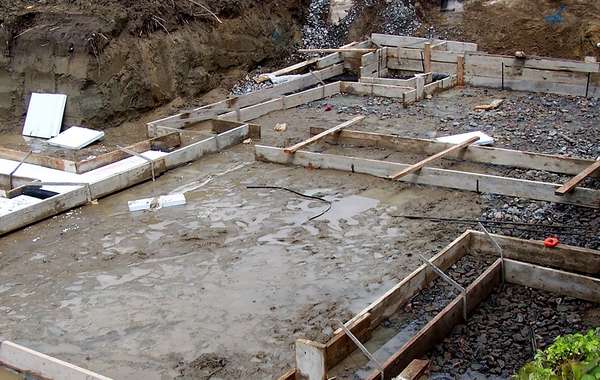
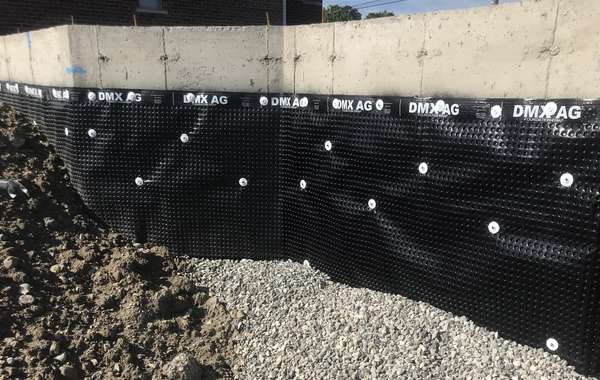
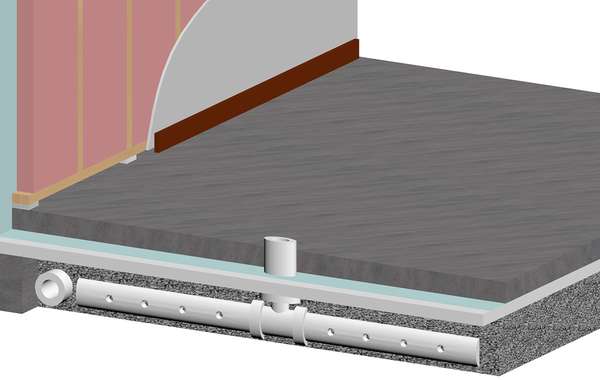
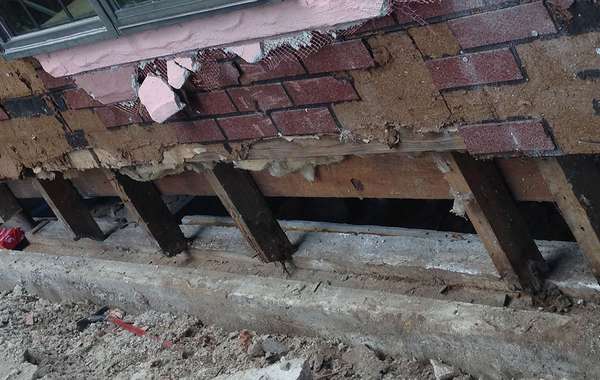
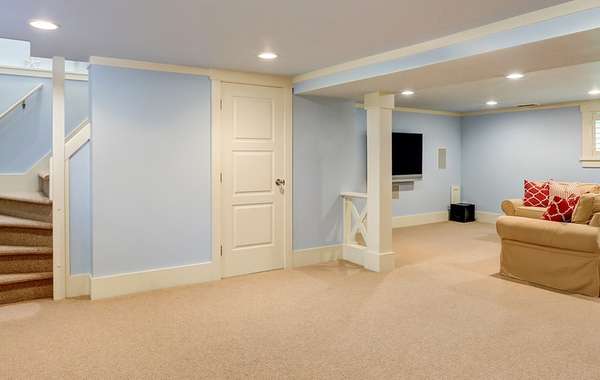
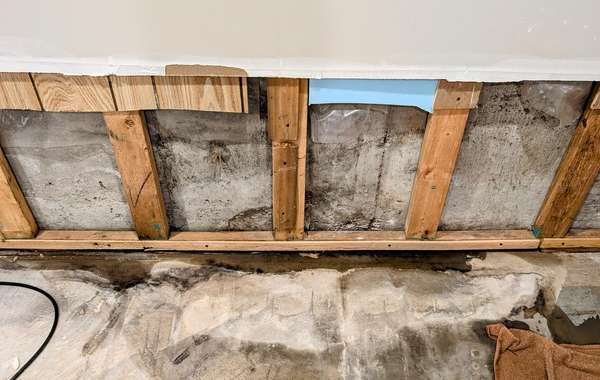

Reducing your home heating costs would definitely be helped solved by insulating your basement. According to the Canada Mortgage and Housing Corporation (CMHC), this part of the home is typically responsible for more than 30% of heat loss. Here is a page that can help, all about how to build a basement properly -
Why basements are moldy and how to fix it
It sounds like you do have problems caused by excess water infiltrating your basement walls, probably by capillarity, which creates an efflorescence (white stains) on your walls. That occurs when water around an unprotected foundation saturates the concrete (or cinder blocks if that’s what you have), and when it evaporates to the inside it leaves mineral compounds on the wall.
The use of a dehumidifier will not solve the problem of capillary water, it will only act to regulate and reduce moisture in the air, but that’s still better than doing nothing. Insulating your basement from the inside could in the long run only hide the problem. Over time, the wall could start to weaken and crack due to the amount of moisture, particularly after you insulate it since it will now probably freeze.
A sump pump with a battery backup prevents basement flooding and is essential for a basement, but it only deals with rising water tables or interior flooding from washers or water heaters, so it won’t solve your problem either.
From our understanding of your problem, unfortunately what we would consider a lasting solution would be to proceed from outside the home as you’ve been recommended. If you do proceed with exterior excavation and repair, don’t stop at just the French drain. You would be wise to treat your walls with a waterproof coating and include a drainage mat (dimple membrane) that will protect your porous foundation walls from absorbing moisture from the ground.
Be sure to consult professionals, and getting a second onsite opinion is a good idea. See our pages on durable basement renovations for more information, and Best pratices for basement construction.
Hi, I am reading everything about basements on your site and this answer confused me. I understood that isulating the basement (either with spray foam or EPS or XPS) acts as a moisture barrier, allowing the construction of interior walls that aren't as susceptible to mold. But here you seem to say that keeping the moisture out of the basement effectively keeps it in the concrete, and that that can damage the foundation. Like the person here, I live in a very cold climate.
Hi Sarah, concrete is porous and will continue to wick moisture from the ground if it isn't protected with a waterproofing layer of some kind, so almost every basement you've ever seen has concrete that is wet. It can lead to cracking so it is better to insulate from the outside and protect it from moisture, but it isn't likely to crack to the point of causing structural problems. With a cinderblock foundation that is only held together by the mortar between joints it becomes a bit more risky.